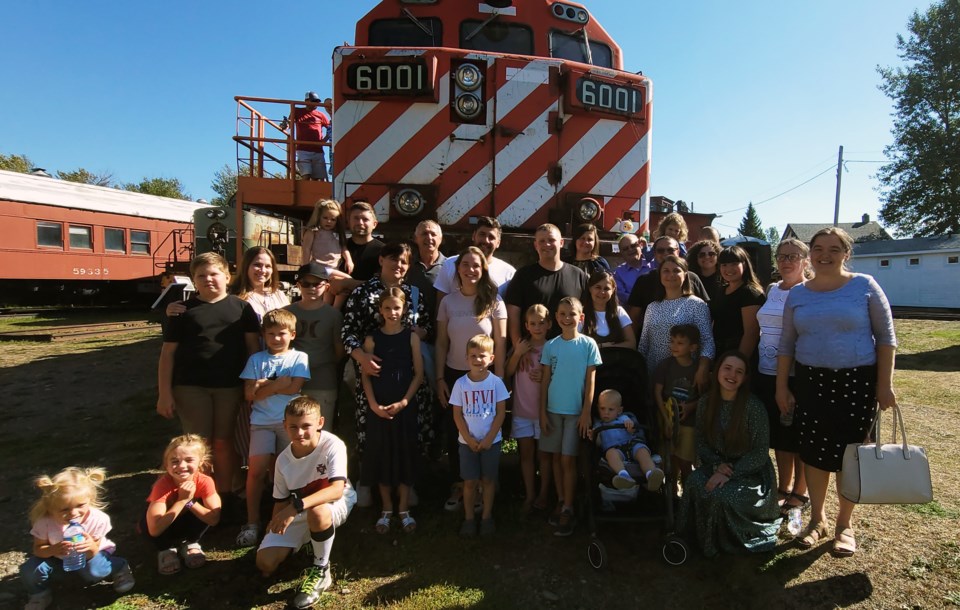The March 31st deadline is just two months away for Ukrainian war refugees and their families.
The rush is on to get them into Canada before the door closes on the Canada-Ukraine Authorization for Emergency Travel (CUAET) agreement.
That is the last day for Ukrainians to enter Canada under the CAUET special measures which gives them access to settlement services normally reserved for permanent residents of Canada. They have until then to apply to extend or change temporary resident status, to apply for a work permit, study permit, or an extension that would allow a stay in Canada up to three years.
As of April 1, those who have a visa will have to meet general requirements to enter Canada and won’t be eligible for support services.
Charles Scott, a volunteer for the Prince George For Ukraine support group that has helped more than 240 individuals from 88 Ukrainian families get settled in the city in the nearly two-year-old Russo-Ukrainian War, says he knows of people still trying to work out details to come to Prince George before the deadline.
“We’re having bit of an increase in the traffic of people coming and we’ve certainly been told to prepare for a larger increase, but we’re not back to summer of 2023 levels,” Scott said.
Because the steady trickle of newcomers diminished and they were no longer receiving five new families per month, as they were last summer, Prince George For Ukraine closed its First Avenue warehouse downtown. For almost a year it served as a depot for Ukrainians coming to Prince George where they could access clothing, personal items and household goods to help them get established.
That initiative started with Don and Mary Antoshko a few weeks into the Russian invasion. The donation drive they organized triggered an overwhelming public response that stretched the storage capacity of their Hart neighbourhood home for more than a year.
Scott said there are a number of factors that suggest another wave of Ukrainians could be on the way.
The deadline is forcing families and individuals to make up their minds to leave, but it’s not that easy.
“If you’re Ukrainian, Canada is a long way away and very expensive to come to,” said Scott.
Although money and the price of a plane ticket is a barrier, Scott said there has been strong community support and donors have stepped up to make those flights possible.
He said another consideration is a growing backlash against Ukrainians wanting to relocate to neighbouring European countries and residents of those countries demanding more stringent immigration policies.
“People are supportive until they’re the ones going hungry and they’re the ones getting unemployed and one of the pieces of feedback we’re getting is Ukrainians were welcomed from Day 1 but as things have dragged on, nearly two years later, they’re not being welcomed as much anymore and the financial supports have been dialed back,” said Scott.
If that means more people will apply to come to northern B.C., Scott says Prince George For Ukraine will step up its efforts to accommodate them.
“Sustaining over years the supportive efforts was always going to be a problem and part of the Russian plan was keep at it because they’ll crack under the weight,” he said. “As Europe become less supportive of Ukrainians the consequence of that is that they start saying, where else can we go?”
“That’s why we think not-great European options and the closing window means whatever is going to happen will happen soon. We’re not seeing a flood yet, but we’re trying to make sure we’re ready just in case.”



